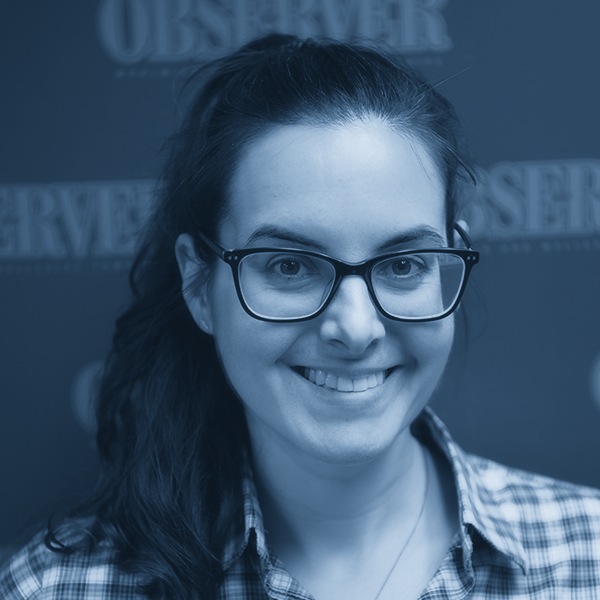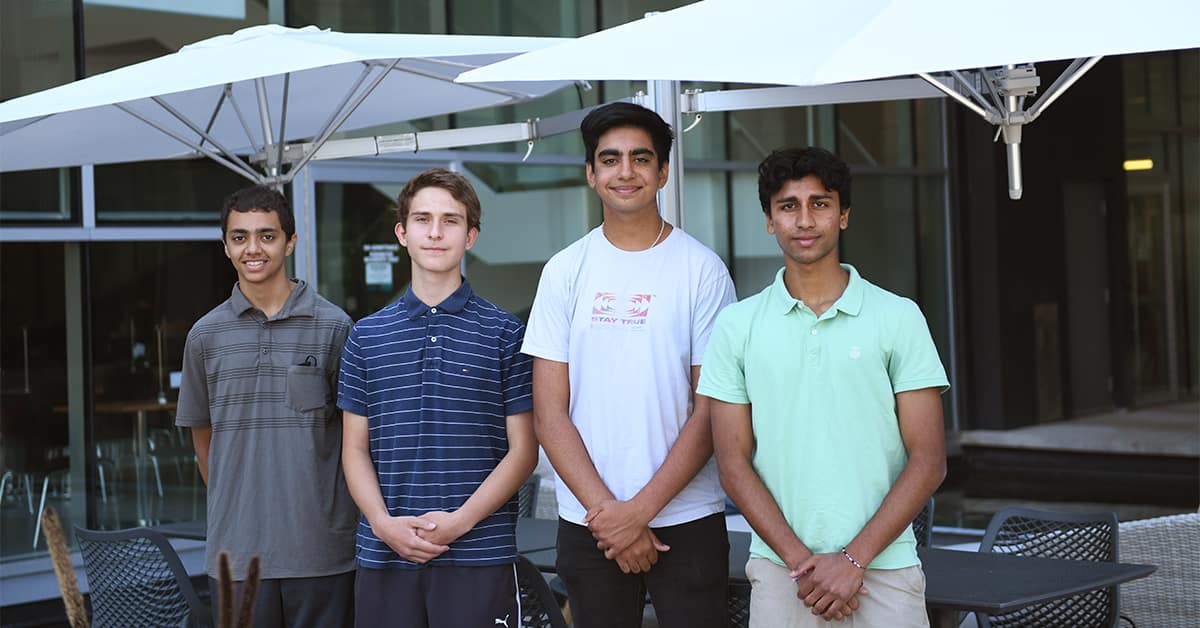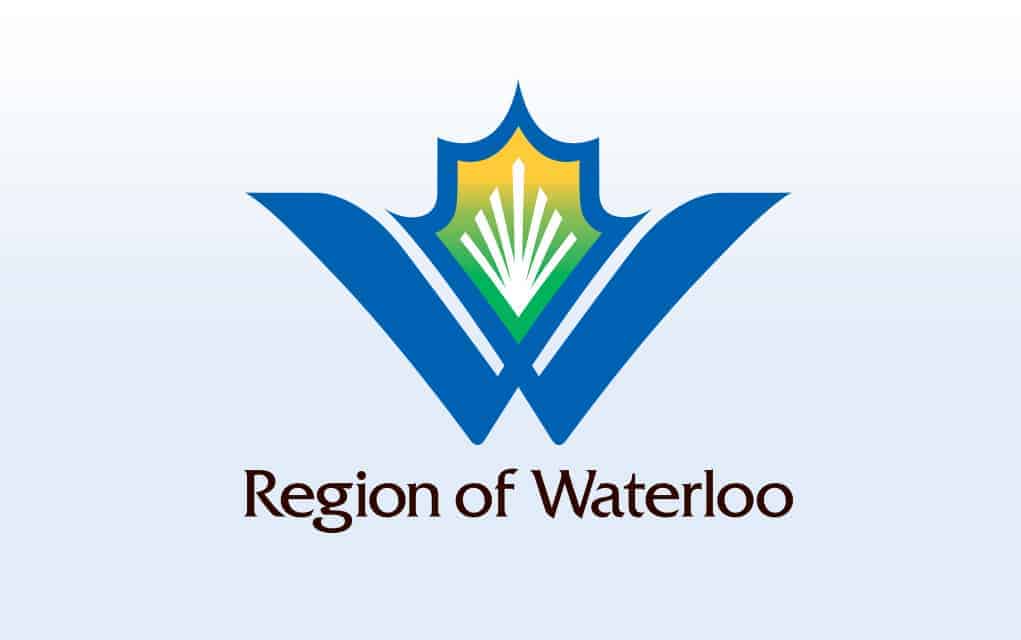Going through the list of activities normally associated with high school students, ‘entrepreneurial pursuits’ doesn’t typically top the list. Or make it at all.
The organizers of Flowboat want to change that.
Flowboat is a student club for innovation; a start-up incubator created and run by high school students in Waterloo Region.
This is how the club works: the club meets on Saturdays from fall to spring. The cost to join is $70. This money goes toward providing lectures about entrepreneurship and paying for guest speakers. The club also provides access to mentors who can help them transition their idea into reality, funding for prototype parts or other needs, training and support to participate in international pitch competitions and prize money in the club’s in-house pitch competition.
Charlie Martinez of Conestogo is the current president of the club, which was co-founded by his brother Adam in 2017.
Martinez says between 50 to 100 students participate in the program each year. They divide into smaller groups of four to six and work to develop and launch their own companies over the season. They meet at the University of Waterloo.
Now, the club is looking to expand and find more participants from across the region.
“We just want to reach out as far as possible. And we know there’s people who would be interested, who’d love this program. They just haven’t heard about it since it’s so far only been really in the Waterloo area,” said Martinez.
Martinez himself co-founded two startups as a member of the club. The first is an app that would use AI solutions to help people use NASA data to prepare for wildfires. The second is a piece of hardware, a square cube, which could be placed in a room or building and create a blueprint for it. That would be useful for tasks like calculating amounts of paint needed or estimating space available for furniture.
Simerus Mahesh is going into Grade 12 this year. He is this year’s chief technology officer of Flowboat. He also co-founded two start-ups through the club: TalkhAPPi – an AI-powered mental health counselling app, and Hush Audiology, a noise cancelling module chip that could be installed in a set of standard headphones to affordably achieve noise cancelling.
Vishnu Sharma is the vice-president. Heading into Grade 11, he co-founded a snack delivery service called Re-fill with the club.
Seif Atwa is also entering Grade 11 in the fall. Last year was his first year in the club and he helped develop Infoton, the cube that can create blueprints of a room, with Martinez.
Martinez says that Flowboat has three main components: training, finances and access to opportunities.
Training is provided through lectures about how to begin a start-up and guest speakers.
Financing is provided in the form of funds to help buy parts for prototypes or other needs to help ease the financial burden of creating a new product from scratch. The funds are provided from the students’ membership fees and from other external sources such as #RisingYouth community service grants. Prize money is also given out in the club’s yearly pitch competition.
Finally, students are provided training and opportunities to participate in international pitching competitions and win funding, as well as access to mentors in relevant fields to help them develop the best products possible.
Omar Atwa is a second year management engineering student at the University of Waterloo. He was involved in Flowboat throughout his high school years and now participates as a mentor and a guest judge for the pitch competition.
“As a judge, I like to think back to when I was a member and when I was pitching. And so we’re always looking for, obviously, a few criteria. We have the curriculum that they’ve been taught during Flowboat, and we’re looking for points that each startup hit, whether that be: have they collected enough traction from their prospective market, or have they found a pain point for their market, have they identified competitors?
“That’s marketing, and then what do their finances look like? Do they have a financial plan for their startup or idea over the next five years? If they built a product, let’s see their MVP, their minimal viable product. Have they tested that MVP? And so a lot of these groups actually go into the real world. And they talk to strangers, and they do user interviews, they take surveys, and they try to collect all this data. As a judge, I want to see that they have a well-rounded product that is viable on the market, and they’ve done the competitor analysis, they’ve done all the financials.”
So far, participants mainly come from WCI and Cameron Heights, as well as EDSS, but the administration team wants to connect with students from all around the region.
“We get to choose our own startup, and own real-world problem to solve, which is a really motivating factor,” said Mahesh. “You want to solve it, so that just gives you that sense of motivation. And also, it’s just that, when you find something you really want to do, I think there’s just this sort of passion that drives you to do it.
“You don’t really need your mom to tell you, ‘Yo, go work on Flowboat, you haven’t done anything,’ – it just comes from within.”









